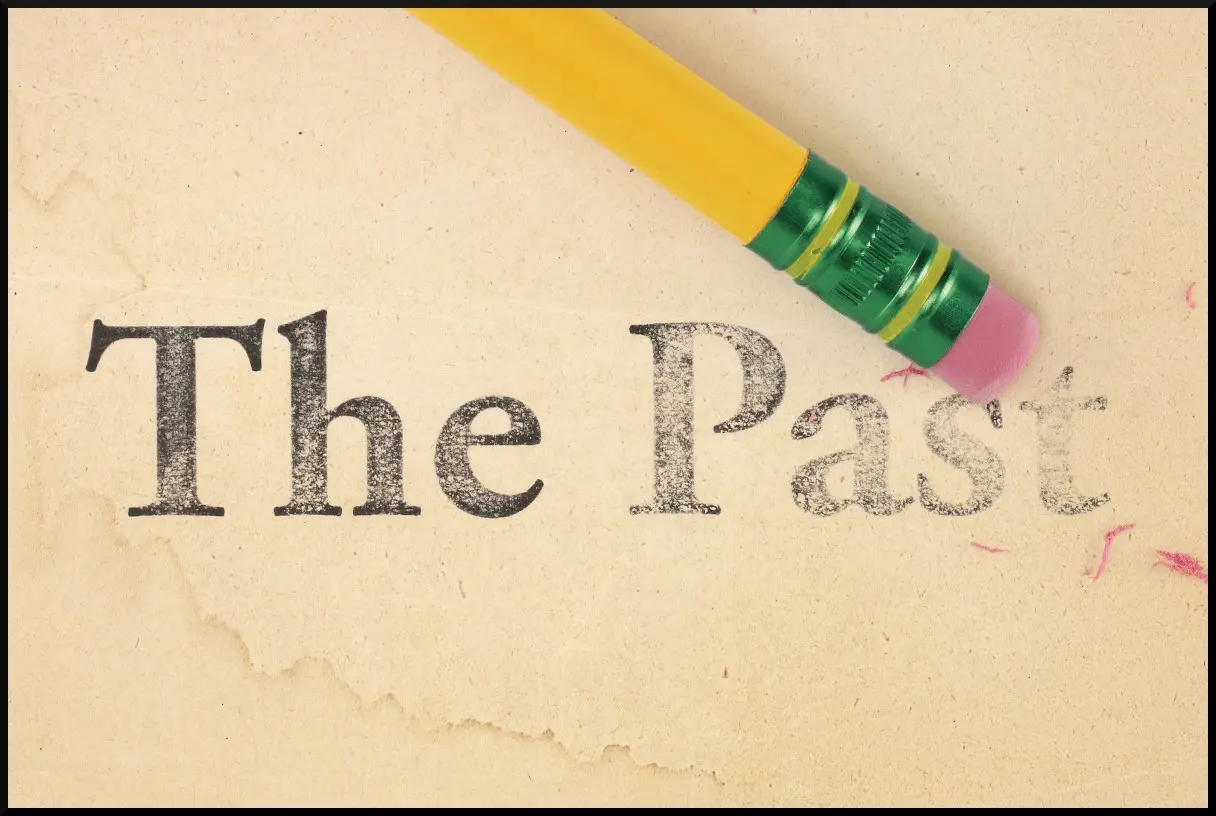
Table of Contents
Sealing Convictions in New York
I’m a sealing lawyer in New York City. I’ve been defending clients charged with crimes for over 27 years.
New York permits a wide range of felony and misdemeanor convictions to be “sealed”. The process of sealing of criminal convictions is often called “expungement”.
You should understand expungement if:
- You were last convicted of a crime 10 years ago or more; or
- You’re approaching the 10-year anniversary of your last conviction; or
- You’re considering a plea bargain, and you want to know whether expungement might be available in the future.
What’s Sealing?
Expungement involves:
- Sealing official records that relate to certain criminal convictions, and
- Outlawing discrimination “in connection with the licensing, employment or providing of credit or insurance”, by prohibiting anyone from making “any inquiry about” or acting “adversely to the individual involved”, regarding an arrest or accusation that is followed by a sealed criminal conviction.
If you’ve been convicted of a crime, unsealed official records of the conviction are available to the public. People, businesses, and government agencies can access your records when conducting a background check.
Previously, official records of criminal convictions remained public forever.
Now, New York courts may expunge certain convictions.
Can Your Conviction Be Sealed?
Only an “eligible offense” may be expunged.
All crimes defined under New York law are eligible offenses EXCEPT:
- Violent felonies
- Sex offenses
- Offense involving sexual performance by a child
- Homicide and related offenses
- Class A felonies
- Conspiracies to commit an ineligible offense
- Felony attempts to commit an ineligible offense
- Offense for which registration as a sex offender is required.
You MAY apply to a court for sealing if you’ve been convicted of:
- 1 or 2 eligible misdemeanors; or
- 1 eligible felony; or
- 1 eligible felony and 1 eligible misdemeanor.
You MAY NOT apply to a court for sealing if you’ve been convicted of:
- A non-eligible offense (a violent felony, a sex offense, etc.); or
- Eligible offenses consisting of two or more felonies;
- Eligible offenses consisting of more than two crimes of any kind (one felony and two misdemeanors, three misdemeanors, etc.).
If you’ve been convicted of too many eligible offenses, none of them may be sealed. For example, if you’ve been convicted of three eligible offenses, you can’t get two of them sealed so that only one conviction would remain on your record.
An eligible offense may be sealed only after ten years has passed since the court sentenced you on your latest conviction. If the court sentenced you to a period of jail, ten years must pass since your latest release from jail.
If you’ve been convicted of multiple eligible offenses committed as part of one “criminal transaction”, all such convictions count as one eligible offense.
When considering an application to seal an eligible offense, the judge must consider any relevant factors, including but not limited to:
- The amount of time that has elapsed since your last conviction; and
- The circumstances and seriousness of the offenses for which you’re seeking relief, including whether any arrest charges were not eligible offenses; and
- The circumstances and seriousness of any other offenses for which you stand convicted; and
- Your character, including any measures that you’ve taken toward rehabilitation, such as participating in treatment programs, work, or schooling, and participating in community service or other volunteer programs; and
- Any statements made by the victim of the offense for which you’re seeking relief; and
- The impact of sealing your record upon your rehabilitation and upon your successful and productive reentry and reintegration into society; and
- The impact of sealing your record on public safety and upon the public’s confidence in and respect for the law.
Your application for sealing should address all relevant factors, backed up with documents when possible.
Consult at sealing lawyer to discuss whether you’re eligible for sealing.
Your Paid Your Debt
– Now Seal Your Record
Schedule a FREE CONSULTATION with Bruce Yerman, Attorney at Law
Plea Bargaining
Ten years is a long time. Nevertheless, if you’re currently negotiating a plea bargain that will result in a criminal conviction, try to preserve your right to seek sealing in ten years.
Avoid Non-Eligible Offenses
Because conviction of one non-eligible offense will forever bar you from sealing, try to negotiate a plea to an eligible offense.
If at all possible, avoid pleading guilty to a non-eligible offense.
Take Previous Convictions into Account
If you’ve previously been convicted of one or more eligible offenses, understand how being convicted of another eligible offense would affect your future eligibility for expungement.
Multiple Convictions Sometimes Equal 1 Eligible Offense
For example, if your criminal record consists entirely of a conviction of one eligible felony, then conviction of another eligible felony would automatically bar expungement in the future. However, conviction of an eligible misdemeanor would not. Eligibility for future expungement would be an additional reason to aim for a misdemeanor conviction.
Multiple convictions arising from one criminal transaction count as only one eligible offense.
So, if you’re convicted of three felonies related to one criminal transaction – for example, felony convictions of burglary, grand larceny and criminal possession of stolen property, for breaking into a retail store on one occasion and stealing stealing $5,000 worth of property – then the convictions count as one eligible felony offense, not three.
Three felony convictions in this scenario would not automatically bar expungement.
Structure Plea Bargain to 1 Criminal Transaction
Try to avoid structuring a plea bargain that would result in multiple convictions related to multiple “criminal transactions”.
For example, if you’re charged with committing a string of three separate commercial burglaries, each burglary is a separate criminal transaction. Try to avoid pleading guilty to one felony per transaction, because conviction of more than 1 eligible felony would permanently bar sealing.
Likewise, in the same scenario, try to avoid pleading guilty to one misdemeanor per transaction, because conviction of more than 2 eligible misdemeanors would permanently bar sealing.
Instead, try to structure a plea bargain where you would be convicted of no more than one eligible offense to cover all three burglaries. Such an outcome would not automatically bar sealing.
Consult Counsel before You Plead Guilty
Before you plead guilty, thoroughly consult a sealing lawyer about the effect your plea will have on your ability to seek expungement in ten years.
Sealing Lawyer Will Need Your Criminal History
Your sealing lawyer will help you get a copy of your criminal history from the FBI. This is a necessary first step to determine whether you’re eligible for sealing.
Your FBI criminal history should describe your complete criminal history thoughout the United States.
Free Consultation
Bruce Yerman is a New York City sealing lawyer. His office is located in Suite 1803 of 299 Broadway in Manhattan. If you’d like a free consultation to discuss criminal defense or family law, call Bruce at:
Or email Bruce a brief description of your situation:
